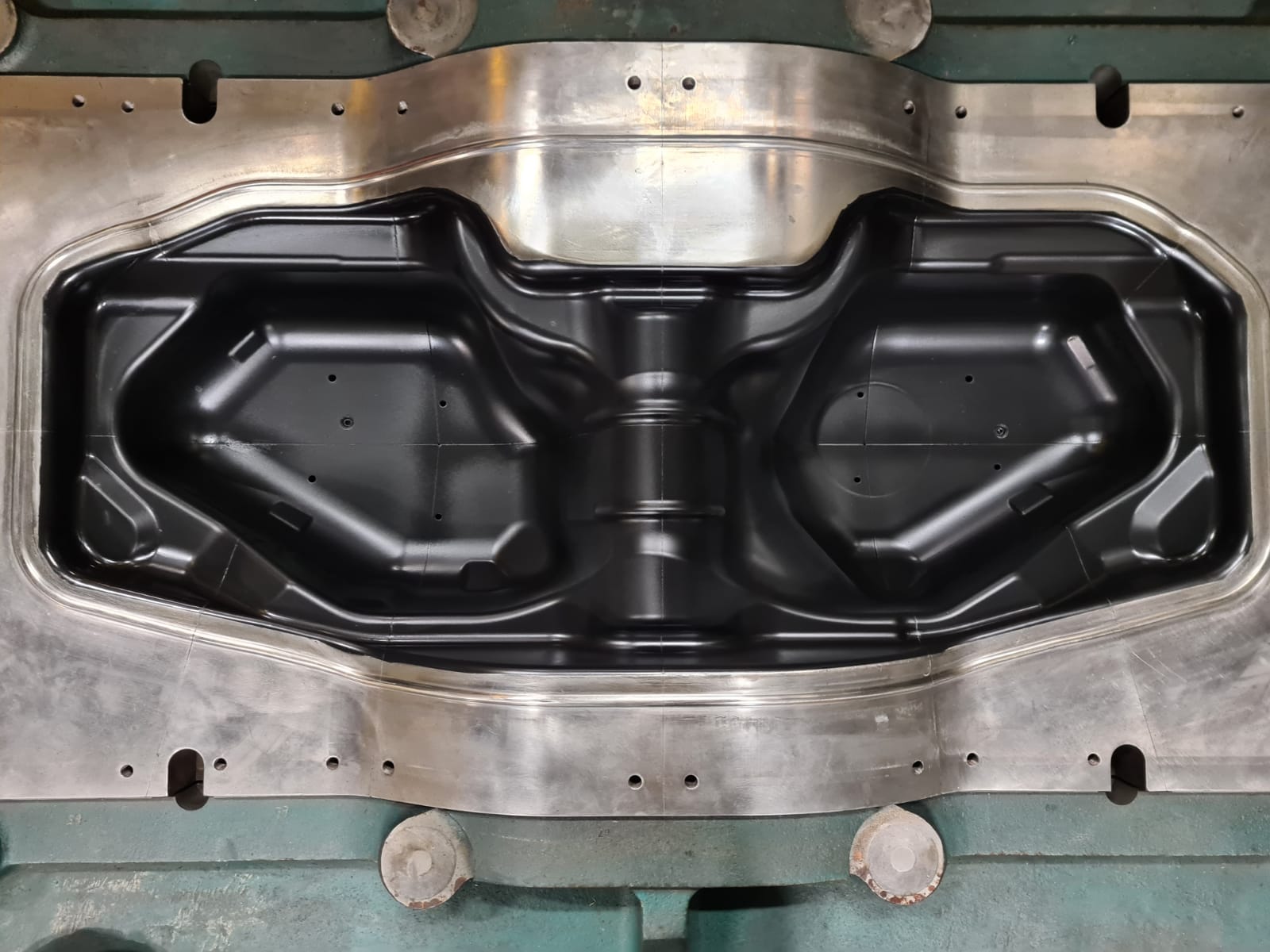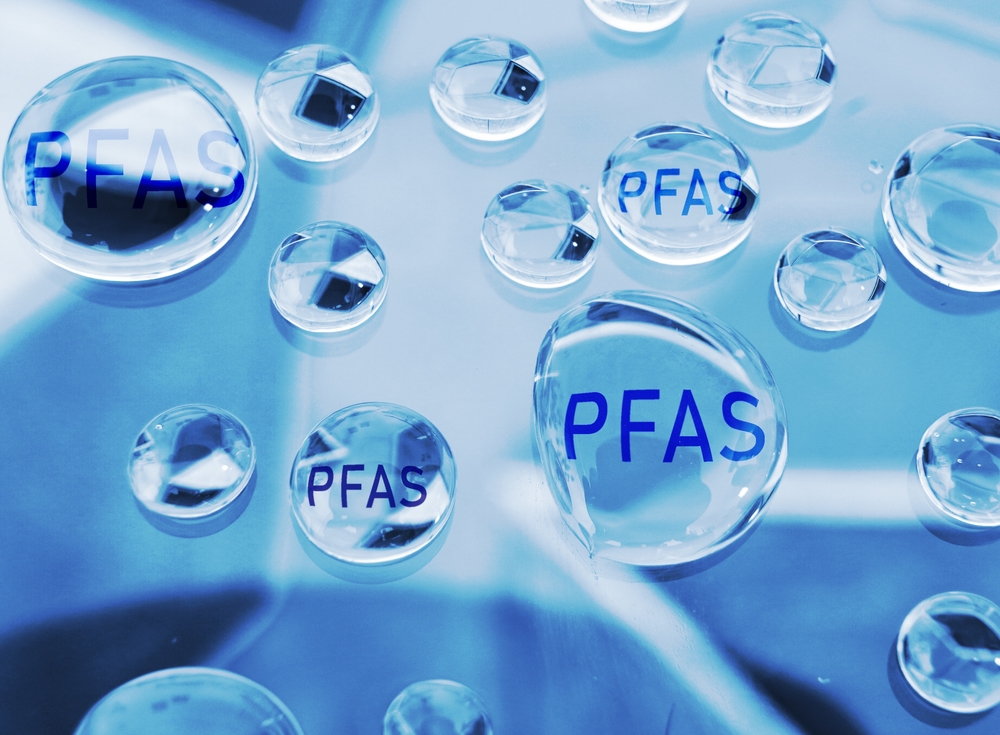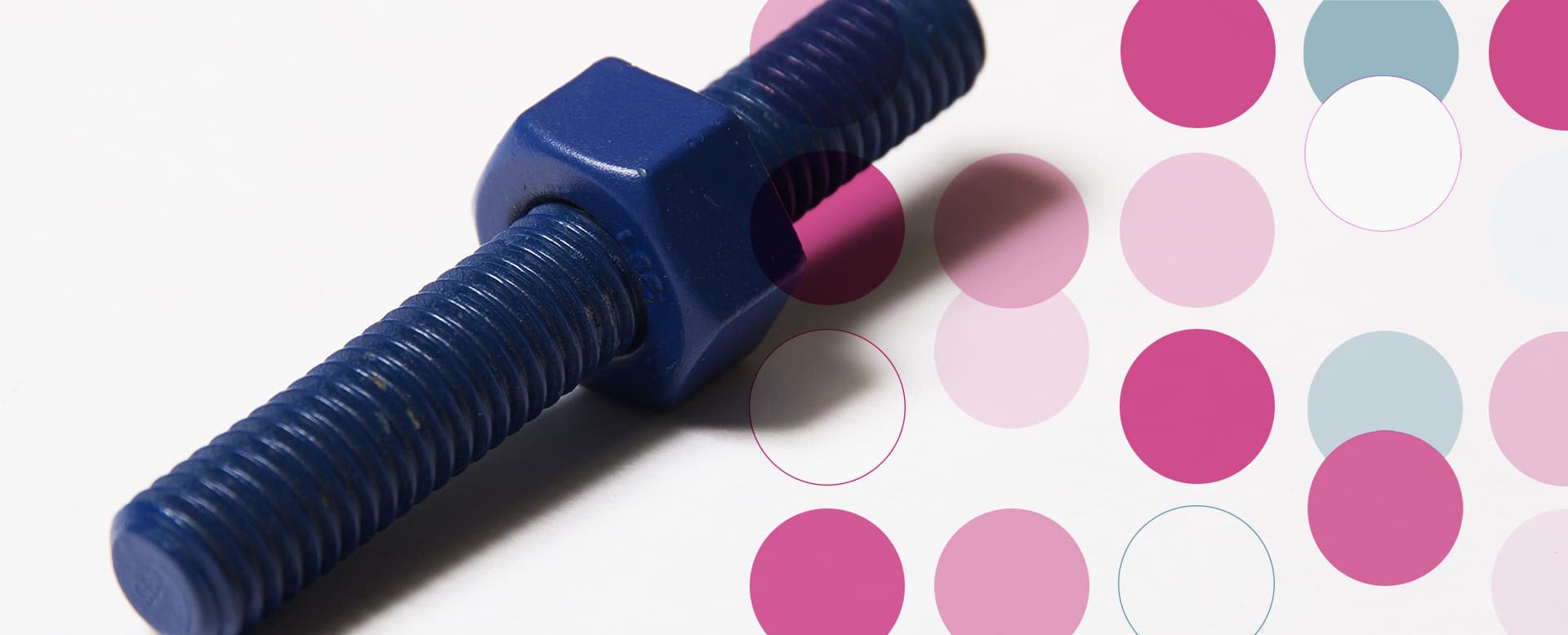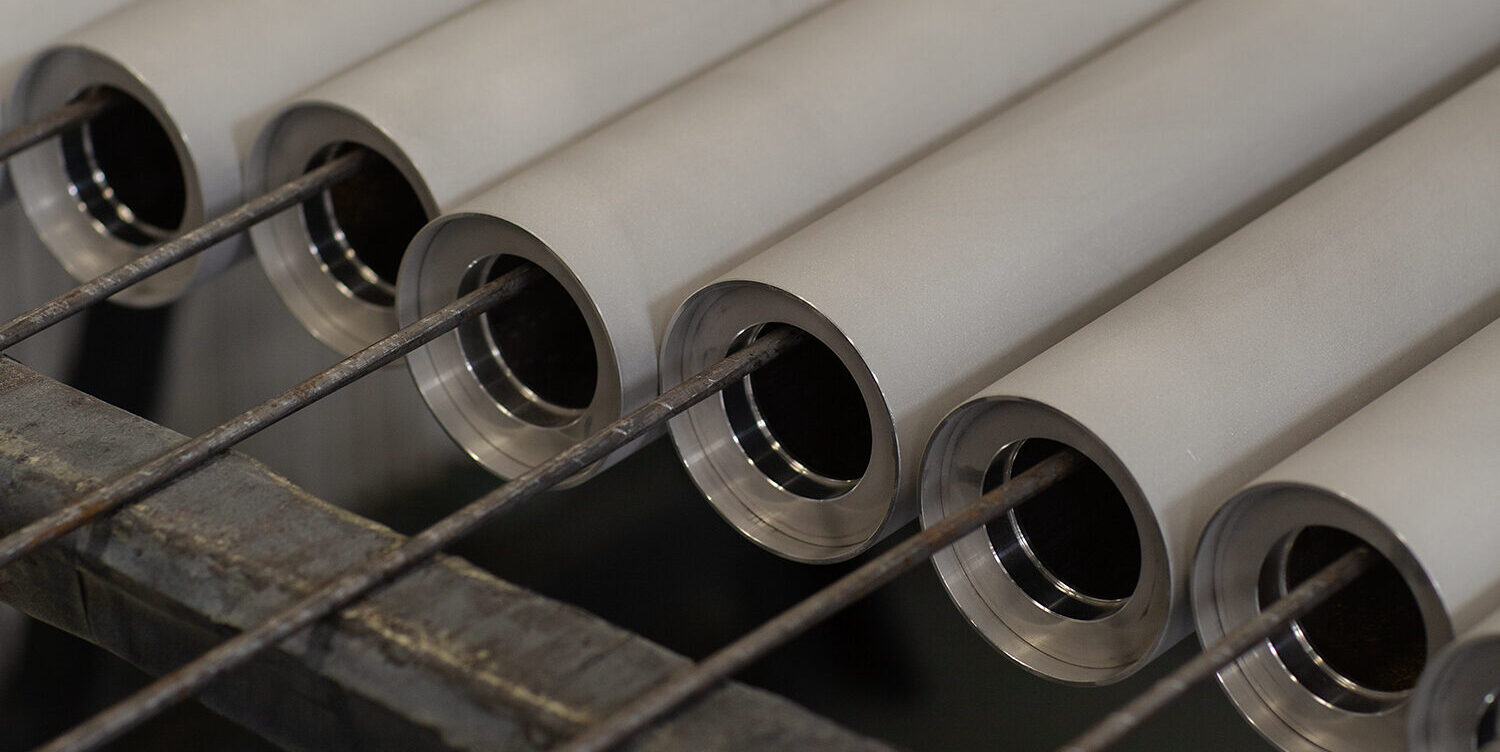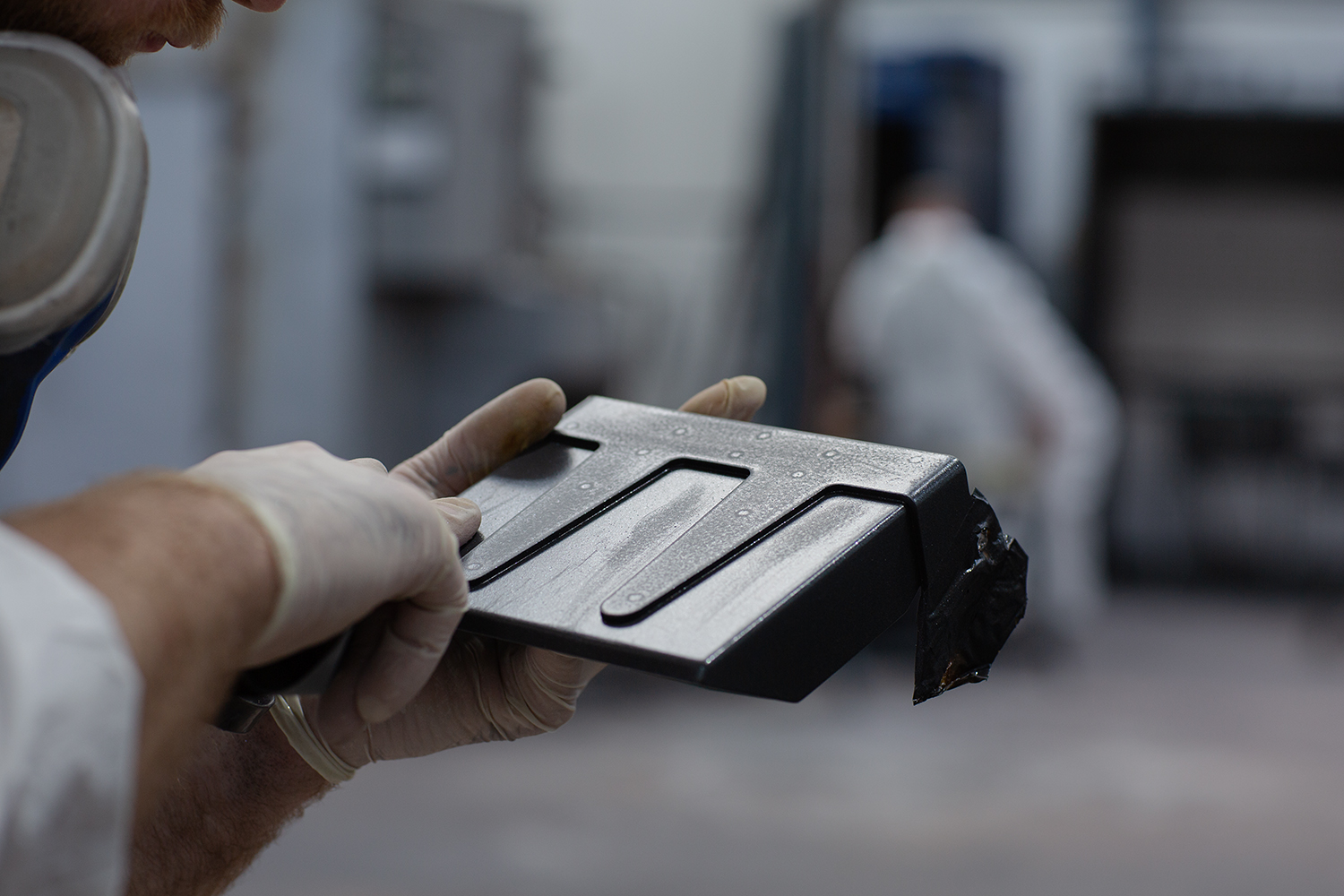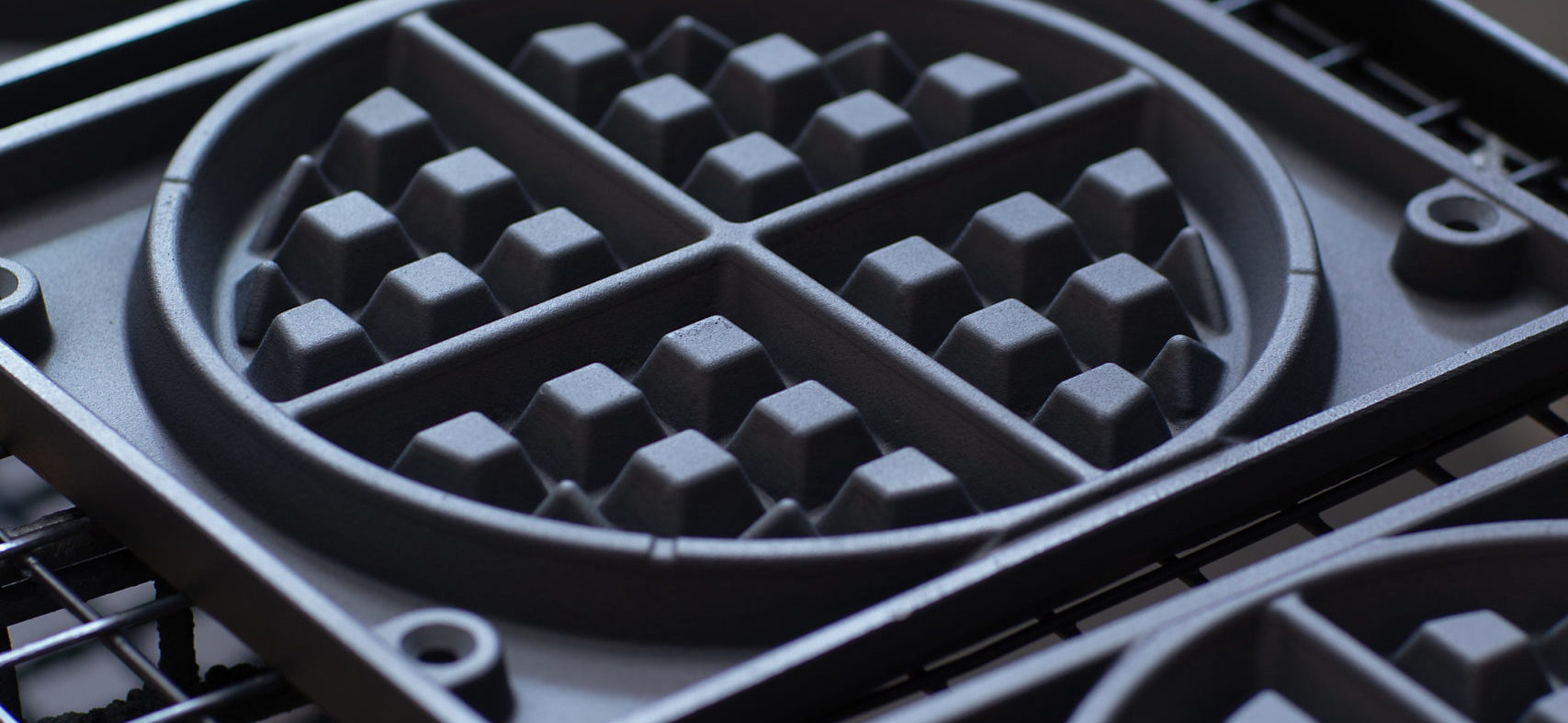
How Specialist Coatings Keep High-Performance Print Lines Running Smoothly
Specialist print industry coatings protect high-performance print lines from adhesive build-up, ink residue, and costly downtime. From plasma-coated rollers to fluoropolymer non-stick surfaces, Marcote’s solutions keep your equipment cleaner for longer. Discover how the right coatings can boost productivity, extend component life, and reduce maintenance for industrial printers.


